Zinc
Hey BA!
Continuing with our series on vital nutrients needed for optimal physical performance, this week’s focus is zinc.
Zinc is a trace mineral that plays a role in nearly all aspects of the body. It supports immune function, as well as heart, skin, eye, digestive, reproductive, hormonal, skeletal, and nervous system health(1). Zinc is also crucial for optimal fat levels, which is important for brain function. The body heavily relies on zinc for overall health and vitality.
While that is impressive in itself, it doesn’t stop there. Let’s take a look at a few more specific benefits of zinc that support optimal physical performance(2):
Helps reduce inflammation
Supports wound healing
Promotes muscle growth and repair
Improves strength and cardiovascular function (along with magnesium)
Essentially, proper zinc levels mean quicker recovery and bigger gains. With the high intensity workouts we do here at BA, anything you can do to support muscle repair and reduce inflammation is key for optimizing performance. Zinc will help you feel strong and ready to attack your next workout or outdoor adventure.
It’s important to note that zinc deficiency is a growing concern. Particularly in athletes, deficiency can lead to anorexia, extreme loss in body weight, underlying chronic fatigue, loss of endurance, and a higher risk of osteoporosis(3). Low animal food consumption, conventional farming practices that deplete nutrients in the soil, and bioavailability issues all contribute to suboptimal levels. In particular, phytic acid is an anti-nutrient that binds to minerals and prevents proper absorption. It’s prevalent in nuts, seeds, and grains. The best way to neutralize phytic acid in order to boost bioavailability is sprouting. Therefore, I recommend always buying sprouted seeds and grains. While animal foods are the most bioavailable source of zinc, there are many plants that are rich in this mineral as well.
Here are some of the top sources of zinc:
Lamb
Sprouted Pumpkin Seeds
Hemp Seeds
Grass-fed Beef
Chickpeas
Lentils
Cocoa Powder
Cashews
Yogurt or Kefir
Mushrooms
Spinach
Avocado
Chicken
Almonds
Always start with food. If after incorporating some of these foods daily you are still feeling at risk for zinc deficiency, supplementation can be helpful. Signs of deficiency include white spots/streaks on your fingernails, large facial pores, slow wound healing, loss of appetite, and impaired immune function. Recommended daily intake is 8mg/day for women, 11mg for men. As with magnesium, high physical exertion can increase daily need of zinc. Consult your healthcare practitioner if you are pregnant or planning to become pregnant before taking any supplements. The most bioavailable forms include zinc picolinate or bisglycinate. If experiencing nausea or stomach cramps, stop the supplement as that can be a sign of overconsumption.
Roohani N, Hurrell R, Kelishadi R, Schulin R. Zinc and its importance for human health: An integrative review. J Res Med Sci. 2013;18(2):144-157.
Lukaski HC. Magnesium, zinc, and chromium nutrition and athletic performance. Can J Appl Physiol. 2001;26 Suppl:S13-22. doi: 10.1139/h2001-038. PMID: 11897879.
Micheletti A, Rossi R, Rufini S. Zinc status in athletes: relation to diet and exercise. Sports Med. 2001;31(8):577-82. doi: 10.2165/00007256-200131080-00002. PMID: 11475319.

